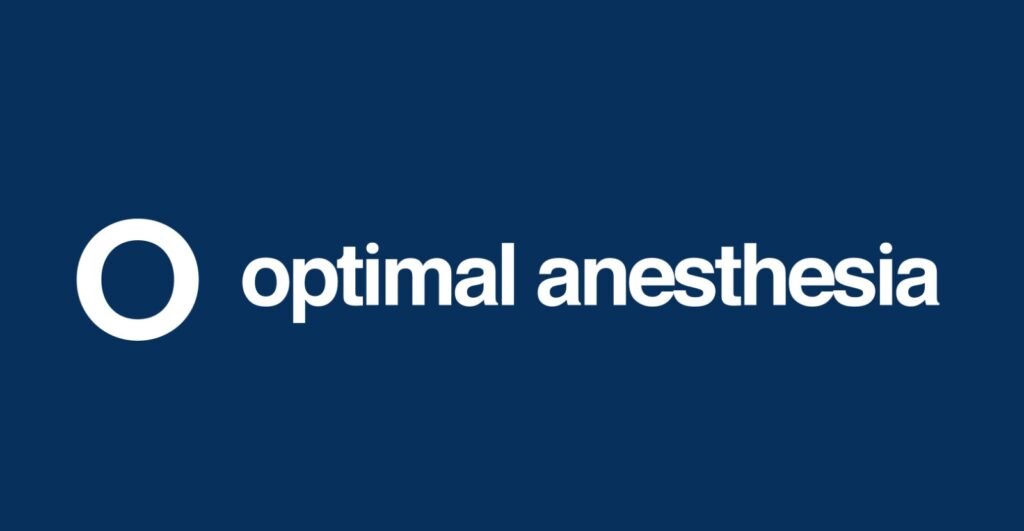This study was a prospective randomized double blinded study conducted on 108 patients at Lakeshore Hospital & Research Centre, Maradu, Kochi on patients of ages 18 to 65years who underwent elective laproscopic surgeries under general anaesthesia. All patients belonged to ASA 1 or 2 grades.
Patients who gave informed and written consent were randomly divided into three groups using computer generated random number tables, with 36 patients in each group, allocated by means of sealed opaque envelopes into one of three groups to receive either no Pregabalin premedication (Group 1), Pregabalin 75mg(Group 2) and Pregabalin 150mg (Group 3). The premedication was administered by nursing staff who was not involved in the study.
The primary aim of this study was to investigate the effect of two different doses of oral premedication with pregabalin on hemodynamic stability during laryngoscopy and pneumoperitonium in laparoscopic surgeries. The study also aimed to evaluate the preoperative Sedation Score in the patients receiving the medication.
In our patients, Pregabalin 150mg was effective in attenuating hemodynamic responses to laryngoscopy and intubation as compared to the control Group. Pregabalin 75mg was better than control group but not as effective as Pregabalin 150mg in attenuating hemodynamic responses to laryngoscopy and intubation. But neither dose of Pregabalin, when given as premedication was effective in attenuating haemodynamic responses throughout the period of pneumoperitoneum of laparoscopic surgery.
Deeper levels of sedation were seen in patients of Pregabalin 150 mg prior to surgery but none of our patients were observed to be sedated beyond Ramsay Sedation Score 3. We also observed that need for intraoperative rescue analgesic with fentanyl was reduced with Pregabalin 150 mg.


